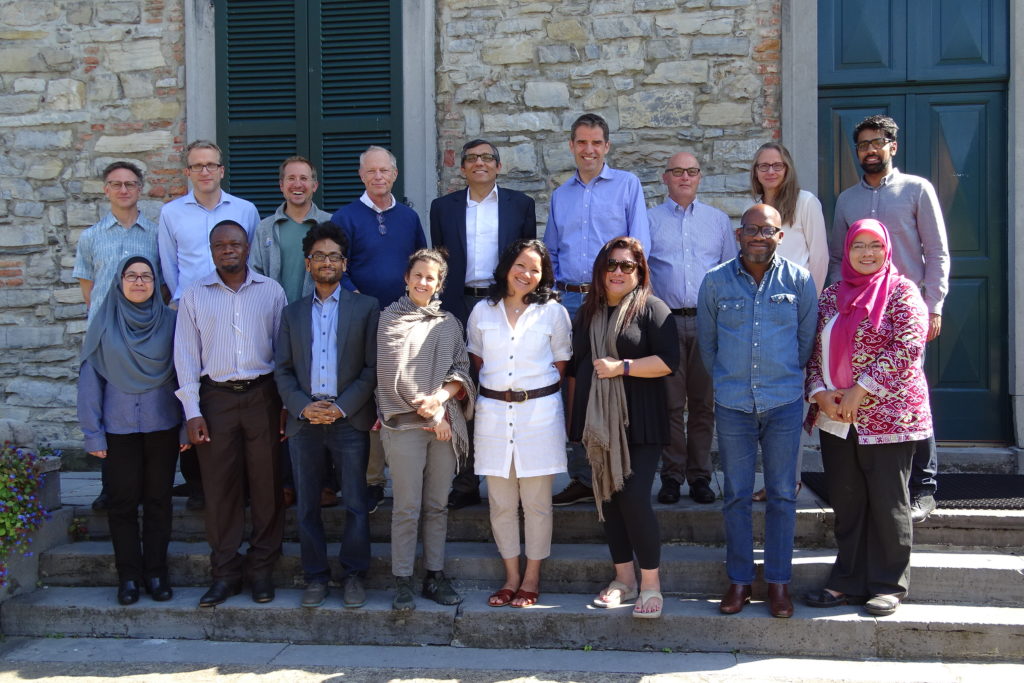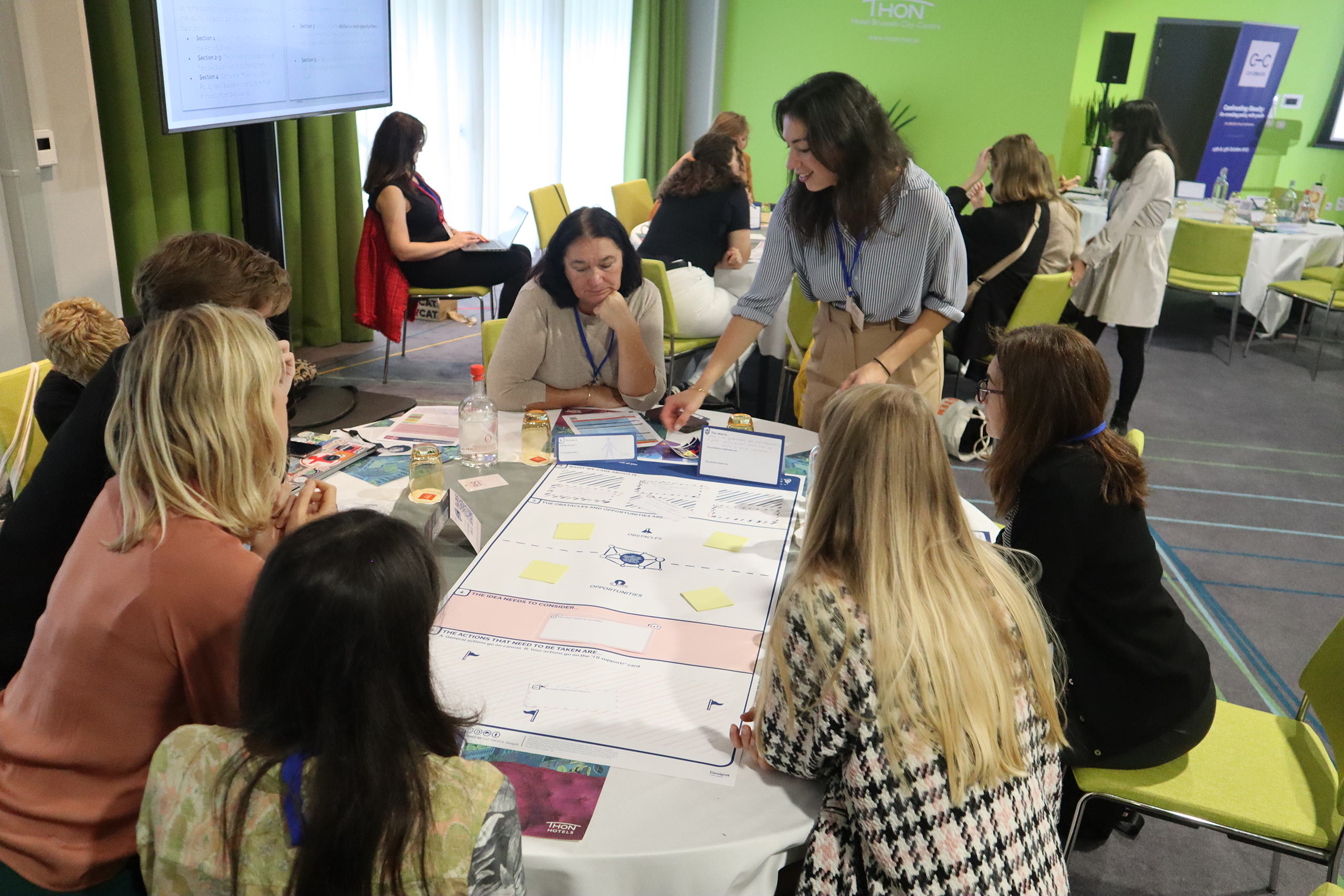BELLAGIO, ITALY, September 2017 – EAT and UNICEF kick off collaboration: As this year’s summer came to an end, a new collaboration took form at the Villa Serbelloni on the shores of Lake Como in Northern Italy. The EAT Foundation and UNICEF together hosted a meeting at the prestigious Rockefeller Foundation Bellagio Center which marked the beginning of CHEW – Children Eating Well.

Photo: Larm Rmah / Unsplash
“The current food system is failing our children. Hundreds of millions are not eating well,” said Olav Kjørven, EAT’s Chief of Strategy and meeting co-organizer.
“This is too often forgotten in discussions about how to make the food system more environmentally sustainable. On the other hand, environmental imperatives too often get ignored in policy discussions about the undernutrition crisis. However, in both settings, the future of our kids hang in the balance unless we get it right,” Kjørven said.
CHEW is about tackling those challenges head on.
With the double burden of malnutrition and environmental degradation impacting child wellbeing now and in the future, UNICEF is increasingly taking a food systems approach to their programmatic work worldwide.
“Understanding how we can ensure children have access to healthy and sustainable food will increasingly be a priority for us” said Dr Kumanan Rasanathan, meeting co-organizer and UNICEF’s Chief of Implementation Research and Delivery Science.
The Bellagio meeting gathered eighteen distinguished academics, policy-makers and implementers in the fields of child health, nutrition, food systems and environmental sustainability to develop a research framework for understanding how child health and malnutrition is being impacted by global food systems.

Prioritizing children’s needs
The group identified research questions pertaining to the specific dietary needs of children, their current patterns of food consumption and the potential health and environment savings if we achieve ‘Children Eating Well’.
“CHEW will ensure that children and their needs are prioritized in our efforts to improve the global food system”, said EAT’s Policy Director Dr Sudhvir Singh.
The Bellagio meeting successfully produced a research framework to better understand the role and linkages of children’s diets to nutritional well-being and environmental sustainability, which builds from the emerging work of the EAT Lancet Commission which will be launched in April 2018.
An action agenda and narrative was also created, focusing on interventions and solutions within both supply and demand, as well as addressing the need for advocacy, political mapping and bringing together different sectors and disciplines to address the linkages between food systems and child health and nutrition.
“UNICEF and EAT are excited to continue this work at the EAT Asia-Pacific Food Forum in October, where in-country efforts to advance Children Eating Well will be a feature both on stage and in the roundtable program”, said Roland Kupka, UNICEF Senior Nutrition Adviser.
Remaining one step
ahead
of the curve.
Five Youth Leaders Who Will Change the World
To celebrate International Youth Day, we are spotlighting the leaders of tomorrow. From India to the US and New Zealand to South Africa, young people are rising to demand greater action on climate change, biodiversity loss, hunger, malnutrition, food waste, plastic pollution, and more.

Reflecting on five years of policy co-creation with youth: the CO-CREATE project
After five years, the CO-CREATE research project “Confronting Obesity: Co-creating policy with youth” has come to end. Reflections on the project’s achievements and sustained impact are shared.
